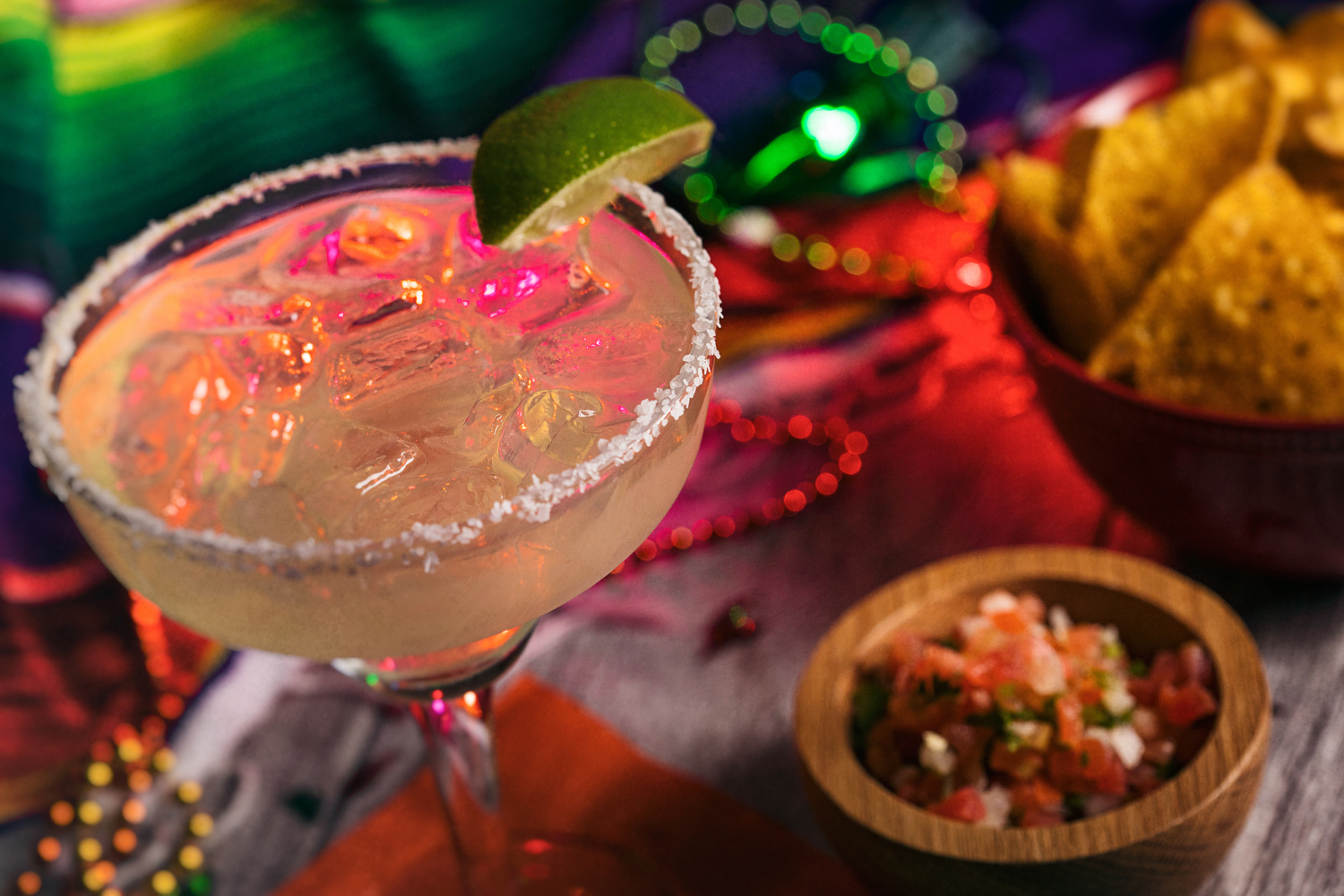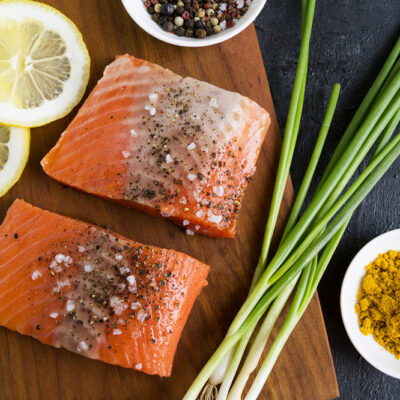
What Foods Can Trigger Atrial Fibrillation?
Atrial fibrillation, or aFib, is a condition that affects the heart’s rhythm and can cause a number of problems, including chest pain, shortness of breath, and fatigue. While aFib is most commonly caused by problems with the heart’s structure, a person’s diet — and the conditions that may arise as a result, such as high blood pressure — can increase their risk of developing the condition.
This article will discuss the most common foods that can trigger aFib.
1. Grapefruit
This is one of the most common foods that can trigger atrial fibrillation, so you should be careful when eating it. In particular, atrial fibrillation can be a side effect of Ibrutinib, a drug used to treat patients with lymphoma, if the drug is ingested alongside grapefruit. Most physicians believe that grapefruits contain a certain chemical compound that can interfere with the absorption of medications.
2. Alcohol
Frequent binge-drinking, or even daily consumption of alcohol, can trigger atrial fibrillation. Alcohol is believed to trigger atrial fibrillation by blocking potassium from entering cells, causing emotional or mental stress. Prolonged intake of alcoholic drinks also raises blood pressure and heart rate and can cause a spike in activity in the vagal nerve, both of which can trigger aFib.
3. Caffeine
Drinking excessive amounts of caffeinated beverages has been shown to increase blood pressure and heart rate, leading to an increased risk of atrial fibrillation. If you feel your heart racing when drinking caffeinated beverages, you should lower the amount of caffeine that you are consuming.
4. Cranberry juice
Many people believe that cranberry juice can help prevent urinary tract infections. Unfortunately, there is also some evidence that it can trigger atrial fibrillation, meaning that those with heart issues should limit their intake of the drink. Though the medical community is not entirely certain why it can trigger atrial fibrillation, most believe that it might have something to do with the amount of vitamin C in the beverage.
5. Salty foods
There is evidence that salty foods can trigger atrial fibrillation by temporarily lowering your blood pressure and increasing the strain on your heart’s pumping muscles, leading to hypertrophic cardiomyopathy. Moreover, if you have a severe case of heart failure, you may be prescribed medications that can trigger atrial fibrillation. This occurs because the medications reduce the body’s levels of potassium and magnesium, which are electrolytes responsible for keeping your heart rate steady.
6. Gluten-rich foods
Studies show that people with celiac disease are at a higher risk for atrial fibrillation. Many doctors believe that gluten intolerance can lead to anemia, which can trigger atrial fibrillation by increasing the amount of strain on the heart’s pumping muscles. Increased heart rate can also trigger atrial fibrillation.
7. Asparagus
There is some evidence that asparagus can trigger atrial fibrillation. Researchers are not entirely sure why this food can trigger atrial fibrillation, but they believe that it might have something to do with how it is digested.


